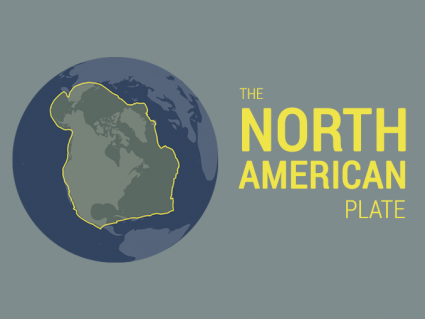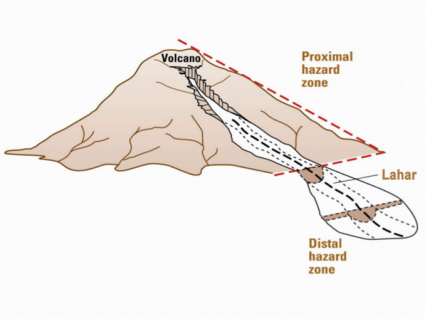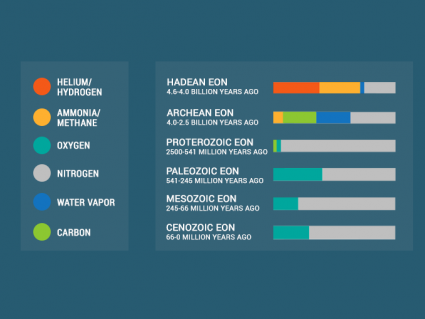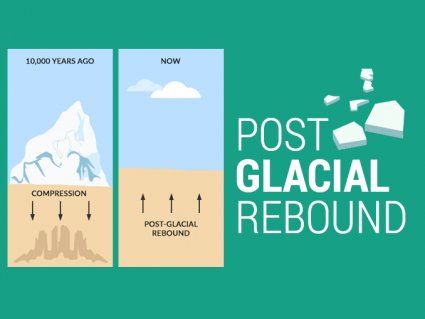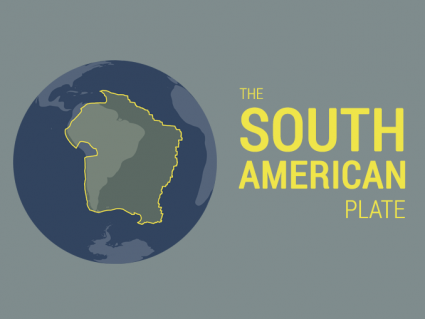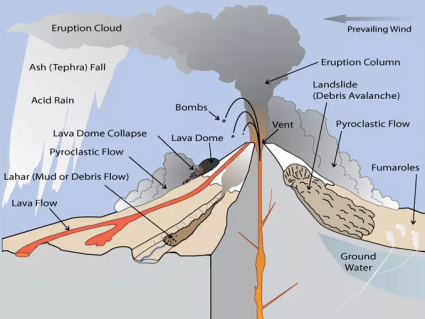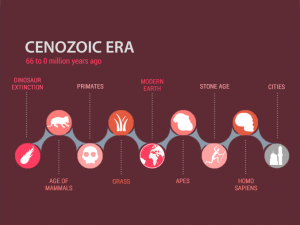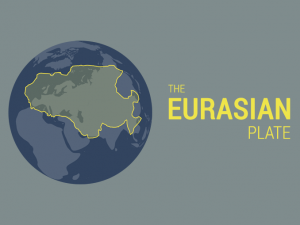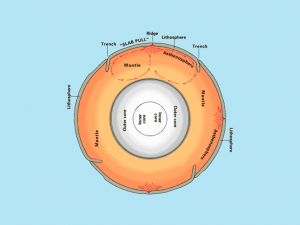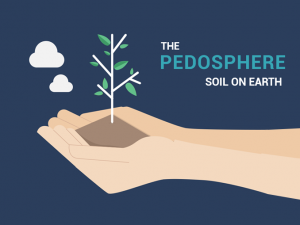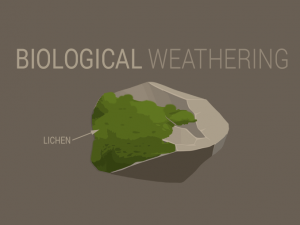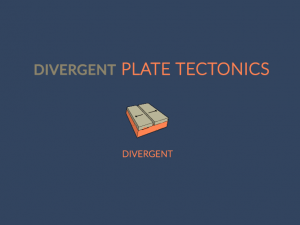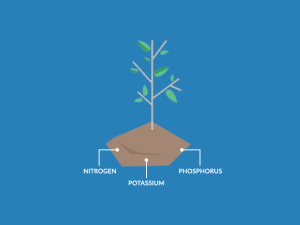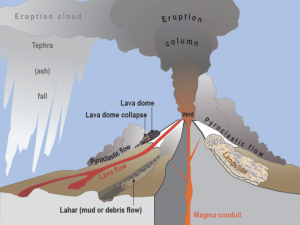Mass Wasting: Weathering, Erosion and Transport
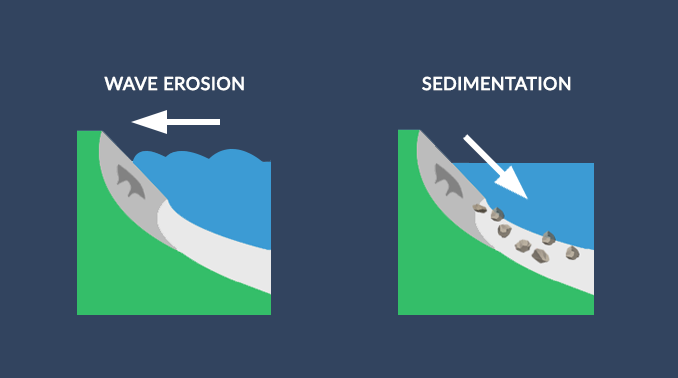
DEFINITION:
Mass wasting is the natural movement of earth materials (soil, rock, and debris) downhill under the force of gravity.
What is Mass Wasting?
From the process of plates colliding and building mountains. They are only to be dismantled by mass wasting.
By mostly water, wind, and ice, mass wasting is the removal of rock due to erosion. Then, it involves the transport of sediments downhill due to gravity.
Currently, Mount Everest is thrusting upwards faster than it is being eroded away. But in hundreds of millions of years, erosion could take its toll shortening it by millimeters each year.
Another example is the Appalachian Mountains which used to be 5 miles higher when Africa first collided with North America. But over 300 million years, weathering and erosion have torn them down and washed them through streams.
What is mechanical, chemical, and biological weathering?
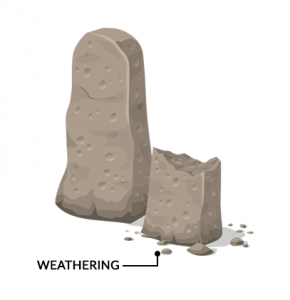
Weathering is the breakdown of rocks into sediments. At the same time, mechanical, chemical, and biological weathering all partake in eroding rocks.
First, mechanical weathering involves erosion by physical means. For instance, freeze-thaw and exfoliation from temperature change are examples of mechanical weathering.
Second, chemical reactions can transform a rock’s composition through chemical weathering. Most likely, this process either dissolves the minerals or converts them into other minerals.
Finally, biological weathering involves the removal of rock due to living things. For example, burrowing animals can disturb soils and rocks. Or lichen forms a symbiotic relationship between fungi and algae releasing chemicals.
What are surface runoff and transportation?
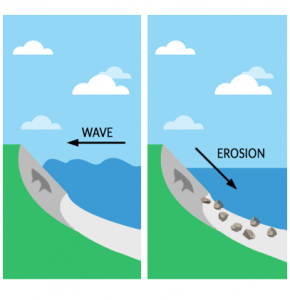
The water that precipitates on the land eventually flows back into the ocean. Minerals get washed away and transported to an outlet at the nearest ocean.
We all live in a watershed. Watersheds are like upside-down umbrellas with well-connected networks of tributaries. They zig-zag all the way to a main body of water like a river or lake. So this means that everything upstream ends up downstream.
Runoff transports minerals and salts from the surface so this is why oceans are salty and lakes and rivers have freshwater.
Mass Wasting: Weathering, Erosion, and Transport
Weathering, erosion, and transport are the three natural processes that affect the earth’s surface.
First, weathering is an energy-intensive process that breaks down rocks into smaller pieces.
Secondly, erosion is the movement of these broken pieces by water, wind, or ice to another area.
Finally, transport is when these broken pieces are moved by currents to other areas on the earth’s surface.
Do you have anything to say about mass wasting? You can add a comment in the form below and we’ll do our best to get back to you.

